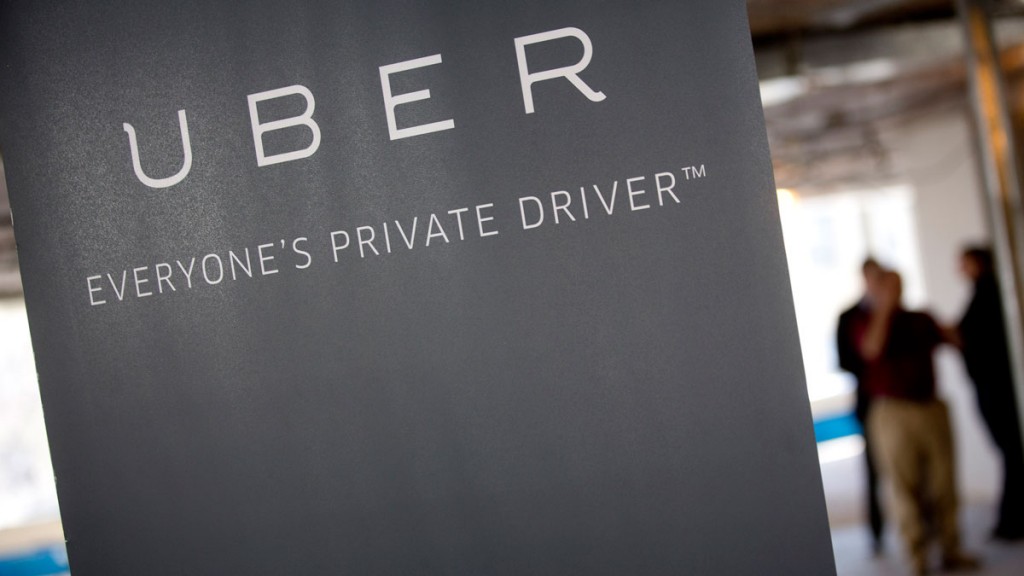
I’ve been taking a lot of Ubers recently. The company has now expanded into Edinburgh, and, given that the cars turn up quickly and I don’t need any cash to get into them, the whole thing works very nicely for me.
However in the course of chatting to a few drivers the subject of tips has come up. Because the cost of the trip goes straight to a credit card with no cash changing hands, Uber drivers never get tips on top of the basic fare. That makes sense to me. I’ve always hated the tipping culture – a world in which the price is the price seems to me to be a better (and more respectful) one than a world in which the price changes dependent on the mood of the customer. But there is a problem with this.
What happens when an Uber driver really does perform an out of the ordinary service that doesn’t fit into the company’s charging structure? Two drivers have recently told me about going far out of their way to return phones/wallets to people who have left them in their cabs. They haven’t been paid for this (no one has called a cab so it doesn’t go into the system), but when they have handed over the stuff, they haven’t been tipped either. By coincidence both drivers had also previously been black cab drivers, so both had plenty of experience with returning left behind items in that role. Then, they both said, the meter didn’t run when they drove to return the items but they were always generously tipped by the recipient. So why the difference?
Writing in the FT today, Izabella Kaminska suggests that the way in which the gig economy works “dehumanises the transaction” to the extent that tipping people doesn’t make sense any more. I rather suspect it might be entirely the opposite.
The rating system that Uber uses, along with the fact that no cash changes hands, seems to me to completely humanise the transaction in that it equalises the parties on each side of it. And once that is done, tipping seems wrong.
The gig economy – when it comes to Uber at least – doesn’t stop tipping because it dehumanises the service provider, it stops it because it equalises them with the customer. And people don’t tend to tip people they perceive as equals.
I can’t answer the question of whether this is all good or bad at the moment (bad financially for Uber drivers, good for society?) But it does raise some interesting social questions about how going cashless will change the way we interact with each other.